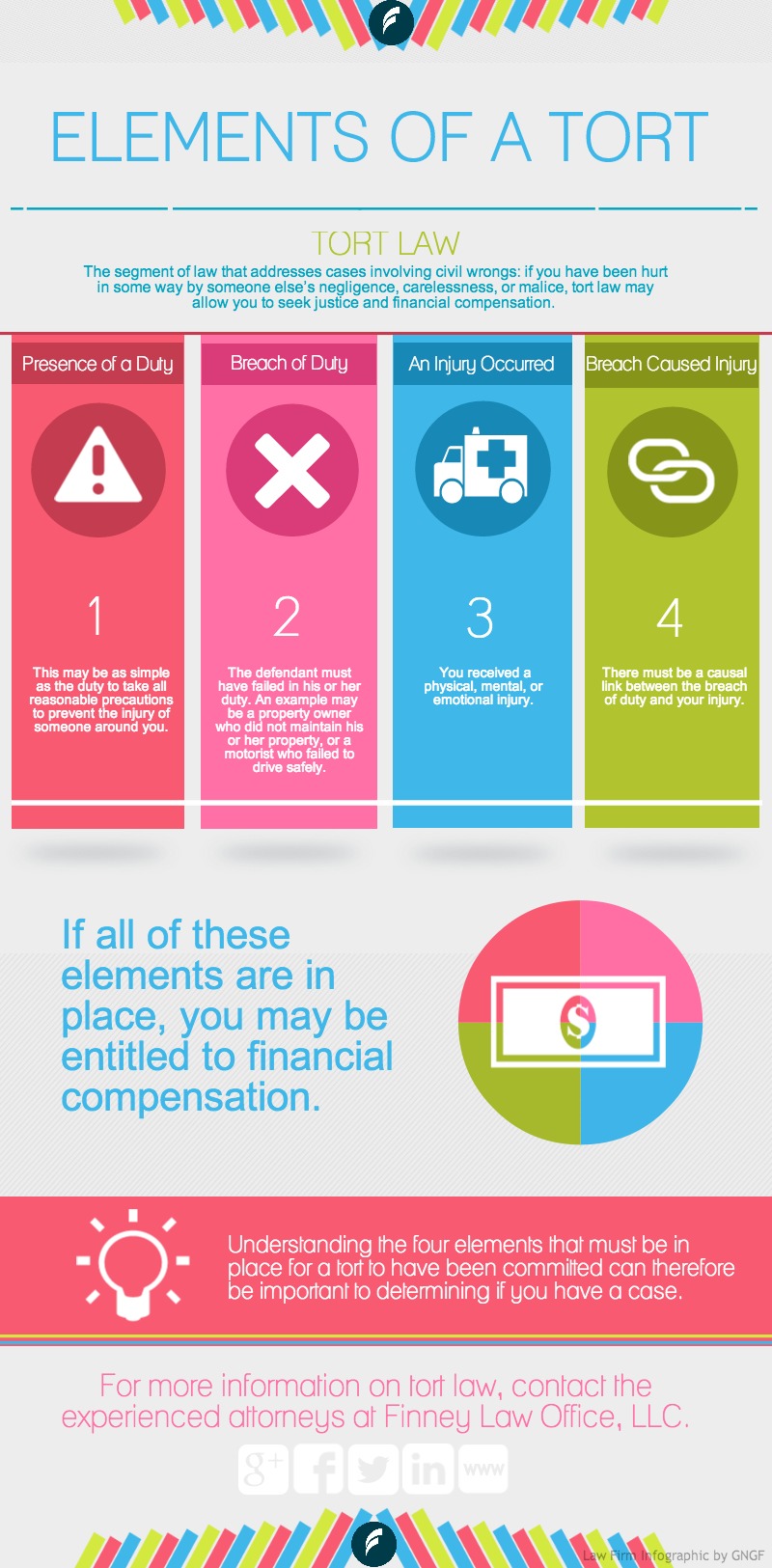Discover Efficient Techniques For Managing Landlord-Tenant Conflicts, While Being Mindful Of The Underlying Intricacies That Might Influence Your Legal Rights
Discover Efficient Techniques For Managing Landlord-Tenant Conflicts, While Being Mindful Of The Underlying Intricacies That Might Influence Your Legal Rights
Blog Article
Authored By-Staal Hansen
When it involves landlord-tenant regulation, understanding your civil liberties and responsibilities is important for both parties. You might believe you have a strong understanding on the fundamentals, however there are often nuances that can capture you off guard. Whether you're a landlord managing a residential or commercial property or a tenant seeking a secure home, recognizing the legal landscape can make all the difference. What could stun you are the intricacies involved in navigating disagreements and eviction processes.
Recognizing Tenant Rights and Responsibilities
When you rent out a property, it's crucial to understand your legal rights and obligations as a renter. You deserve to a secure and habitable living atmosphere, implying your landlord has to maintain necessary services like home heating, pipes, and power.
You're additionally qualified to personal privacy; proprietors normally require to supply notification before entering your unit.
On the other hand, you are accountable for paying lease promptly, keeping the building clean, and not creating damages past typical deterioration.
Acquaint on visit the up coming article with your lease agreement, as it details specific regulations and responsibilities. Knowing these aspects not just protects you but likewise promotes a positive relationship with your proprietor.
Stay notified, and you'll browse your occupancy more effectively.
Trick Property Owner Obligations and Legal Factors To Consider
While you might recognize your civil liberties as a tenant, it's equally vital to comprehend your landlord's obligations.
just click the up coming post have to give a safe and habitable living environment, ensuring that important systems like heating, plumbing, and electrical power remain in working order. They're likewise responsible for making necessary fixings promptly and sticking to neighborhood building ordinance.
In addition, property owners should appreciate your privacy by providing appropriate notification prior to entering your unit, typically 24 hours. They need to handle down payment according to state laws, including returning them immediately after you move out, minus any kind of lawful deductions.
Understanding these obligations can aid you keep a favorable connection with your property owner and guarantee your living situation meets legal criteria.
Browsing Disagreements and Expulsion Procedures
Disagreements in between landlords and occupants can emerge unexpectedly, making it vital for you to comprehend the procedures involved in fixing them.
Initially, interaction is crucial-- try to review problems straight to find a concession. If that stops working, familiarize on your own with your regional regulations concerning disagreements and eviction. mouse click for source : keep records of communications, repayments, and any kind of violations.
If eviction comes to be needed, guarantee you comply with the lawful actions required in your area, which commonly consists of providing composed notice and a details timeframe for resolution.
Be prepared to head to court if the scenario rises, as it may be your only option. Understanding these procedures will certainly help you browse disputes more effectively and safeguard your legal rights as either a landlord or occupant.
Conclusion
In recap, understanding landlord-tenant regulation is necessary for both parties associated with a rental agreement. By understanding your legal rights and duties, you can promote a much better living setting and avoid problems. If conflicts develop, remember that a real estate attorney can help assist you via the intricacies of expulsion procedures and legal obligations. Staying notified and proactive will certainly guarantee a smoother rental experience, whether you're a property owner or an occupant.
